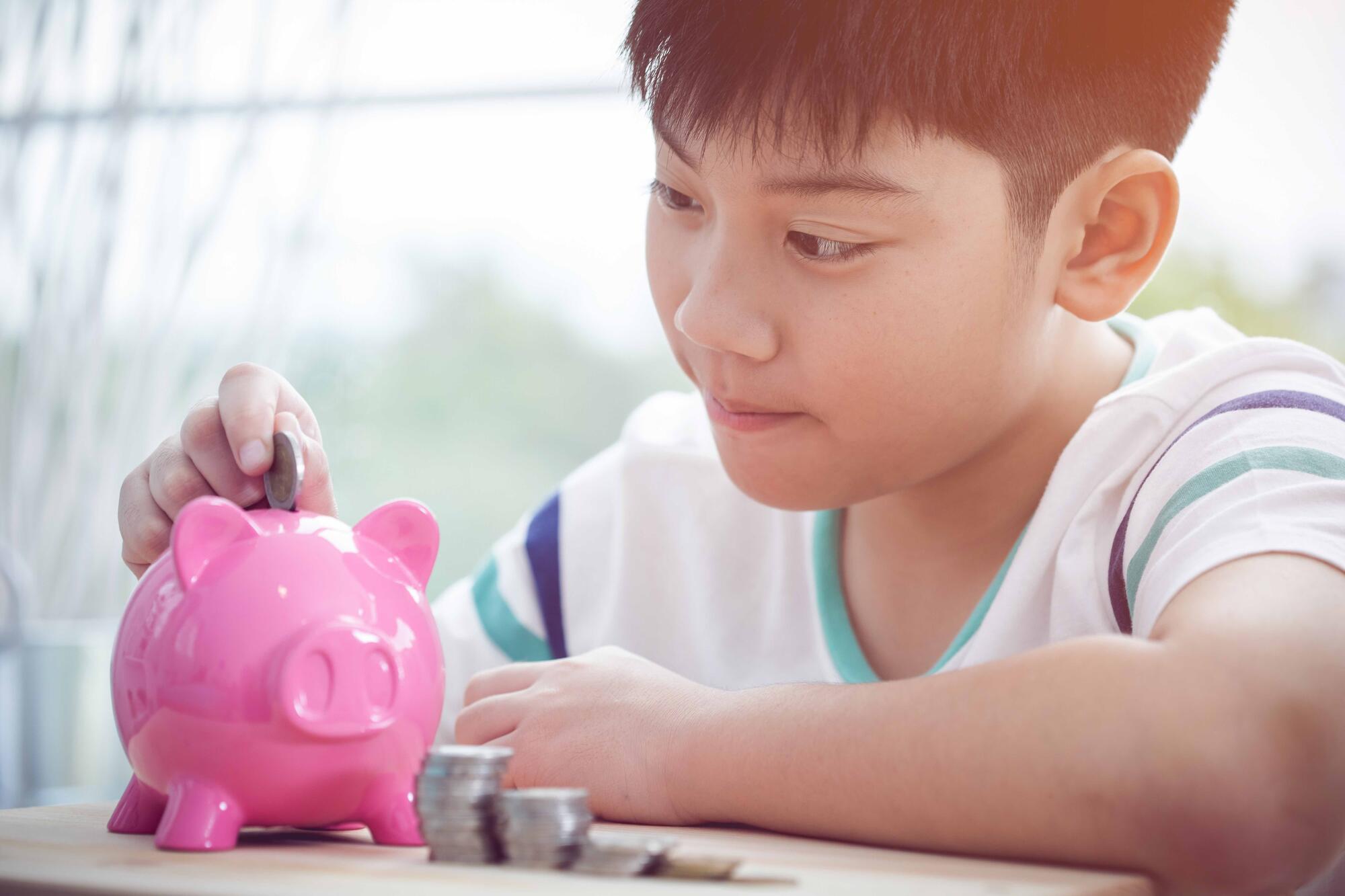I first noticed that there may be a problem, when, having moved to a new home early last year, I made an effort to get to know the rest of the service and security staff here. In the mornings as I walked past them going about their various duties, I’d nod, smile, and exchange niceties, as literally the new kid on the block.
My seven-year-old son did not.
In fact, he barely raised an eye, much less communicated any form of acknowledgement or recognition.
Having grown up in a household where I was taught to respect my elders and be courteous at all times, I admit this didn’t sit well with me, and most peaceful mornings were punctuated by me having to scold him for failing to say “Uncle” or “Aunty”, or respond to their “good mornings”, only to get half-hearted answers of “okay, I’ll do it next time”.
Despite my best short-tempered efforts, things hadn’t improved much after a month. Chatting with some fellow parents who had kids roughly around the same age group, I found I wasn’t alone. With the advent of digital devices, old-school norms of politeness and civility seem harder to enforce by old-school scoldings, the way our parents had drilled them into our heads.
I did ask him if they’re taught to observe the niceties in school, and he said generally it was expected for them to say “thank you” and “hello” to teachers, fellow students and canteen uncles and aunties. The trouble was getting him to observe the same behaviour outside school walls!
That said, during parent-teacher meetings over a digital call, his form teacher did indicate that he was still slightly shy, which could also account for why he was reticent about speaking to strangers, even if it was just to be polite.
One friend pointed out that schools had been teaching these things as part of the curriculum, with ‘social and emotional’ learning modules designed to ‘develop their personal effectiveness and well-being, build positive relationships, live out their values and grow their characters.’ These words on the MOE website (yes, I looked it up) did resonate,
And I did like the tenets espoused there, particularly two on developing a sense of responsibility, and care and concern for others.
But it’s never been my way to leave my kids development purely to the school environment – I genuinely believe that as parents we must be equally invested to teach the life lessons that mould and shape our kids.
So if scolding didn’t work, what would?
I ran through the gamut of options. Carrot and stick didn’t work as well as I had thought – my attempts at rewarding with ice-cream when he did mind his manners, and take away tablet time when he didn’t worked short-term at best, and made his efforts more perfunctory than meaningful.
At my wit’s end, over a weekend brunch with my mother, I complained about how hard it was to get my kid to be as polite as I was. Let’s just say the conversation was a bit of a rude awakening when she replied: “What makes you think you were polite at his age?”
I almost choked on my mee goreng as she recalled all the various incidences when I had misplaced my manners in my childhood, constantly forgetting to address or even thank family members who had just given me red packets during Chinese New Year, and simply running off to the toilet to count how much was inside them!
While I digested all her anecdotes (and the somewhat oily mee goreng) in stunned silence, she did soften the blow by adding: “But we knew that you were a good kid. You just needed more encouragement, that’s all. In fact, our scolding really didn’t do that much at all!
“Being respectful is something that children ought to do without expecting rewards.
“Praise, recognition, love, hugs – these are intangible gifts that a child looks forward to and they prod him/her to become better behaved.”
I spent some time reflecting on her words the rest of the weekend, and realised there was more than a grain of truth in them. I had made politeness a chore, rather than something that came intrinsically, and in fact, me being hyper-active when my son displayed a lack of manners (perceived on my part), was just as rude as well!
The epiphany was really this: acting polite, and being polite were really two separate things.
Armed with this new-found wisdom (thanks again, Mom!), I re-strategised.
At home, I made a conscious effort to say my niceties whenever they were due him, with warm smiles and nods each time he kept the door open for me, or passed me the salt and pepper shakers at the dining table.
Outside, I’d hold my tongue whenever he displayed a lack of manners, but would simply raise an eyebrow and hold that look until he laughed, and acknowledged he knew he should have been more polite.
Did it help?
It’s an ongoing process, I’ll admit, but the signs are encouraging. In the past few months, he’s started to proactively call out to the security guard we walk past in the mornings while headed to breakfast. In return, I give him the biggest hug I can, kiss his forehead, and tell him I’m glad he did that (once the guard is out of sight, of course, so paiseh!)
At the end of the day, all I can do is give it my best shot, and hope that he does too.




.jpg)

